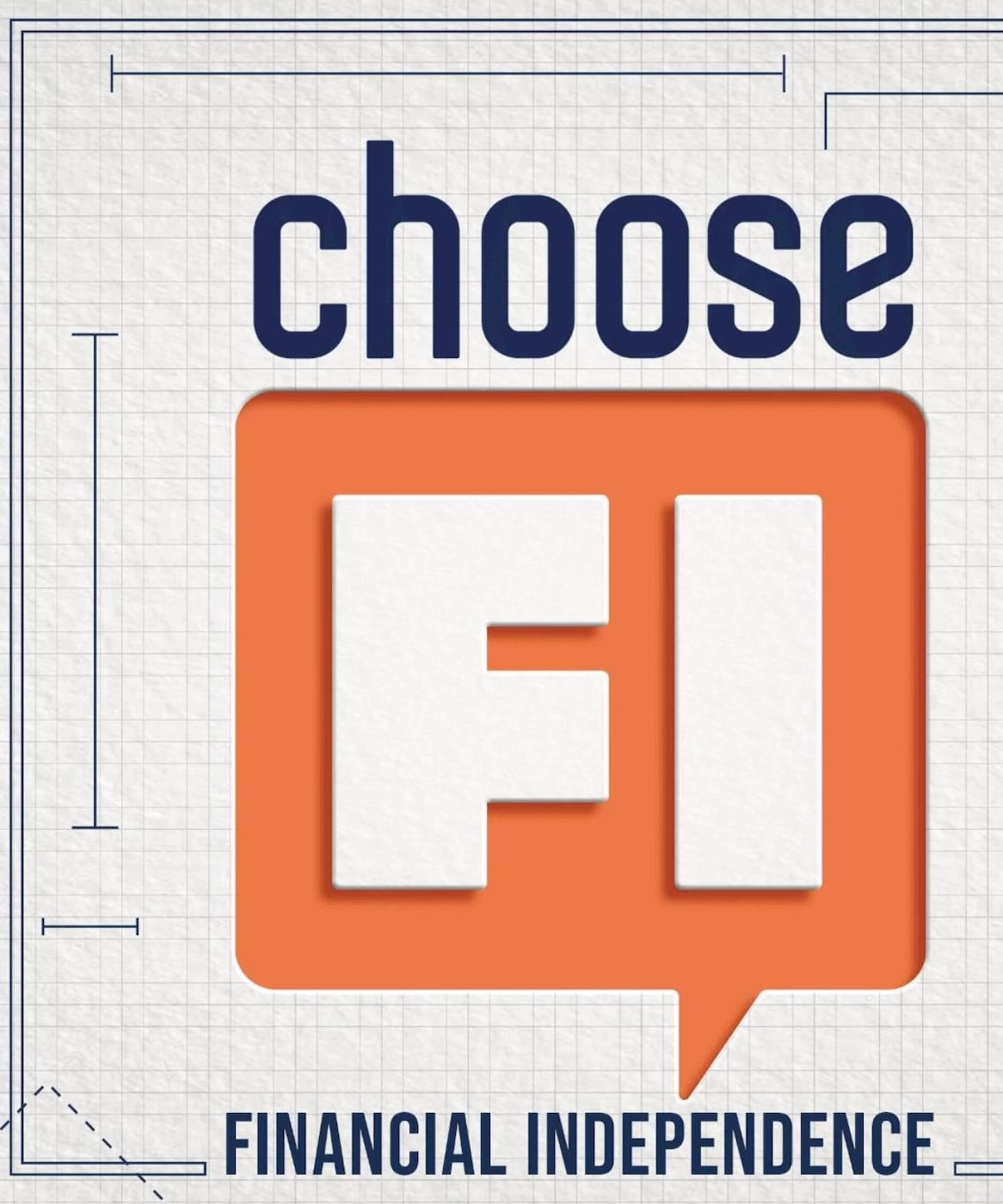DFI money
Sources:
Decentralized Finance (DeFi) is a transformative space within the digital economy, offering innovative alternatives to traditional financial systems. Here are key insights from trusted experts:
-
Technical and Philosophical Promise: DeFi uses hybrid smart contracts that combine on-chain code with off-chain proofs, transforming traditional financial agreements into transparent, blockchain-based formats. This shift enables greater clarity and accessibility in global finance, covering areas like lending, yield generation, and risk protection 1 2.
-
Potential and Challenges: DeFi has the potential to significantly disrupt traditional financial markets like Nasdaq and the New York Stock Exchange by offering lower costs and increased competition. However, scaling up while maintaining decentralization and managing social impacts remains challenging 3.
-
User Benefits: DeFi platforms can eliminate bank fees, allow secure digital wallets, and enable instant and unrestricted transactions. This innovation reduces reliance on banks and other intermediaries, putting control directly in the hands of users 4.
-
Revolutionary Impact: DeFi aims to replace traditional banking and Wall Street operations by enabling seamless, fraud-free transactions without extra fees or intermediaries, operating continuously without interruption 5.
-
Adoption and Integration: Current DeFi solutions are nascent and face barriers to broader adoption. Essential developments include integrating off-chain assets, enabling credit-linked identities, creating an open marketplace, and ensuring regulatory clarity 6.
These insights highlight DeFi's potential to revolutionize financial systems through increased transparency, reduced costs, and enhanced user control, despite current challenges and the need for further development.
RELATED QUESTIONS-


